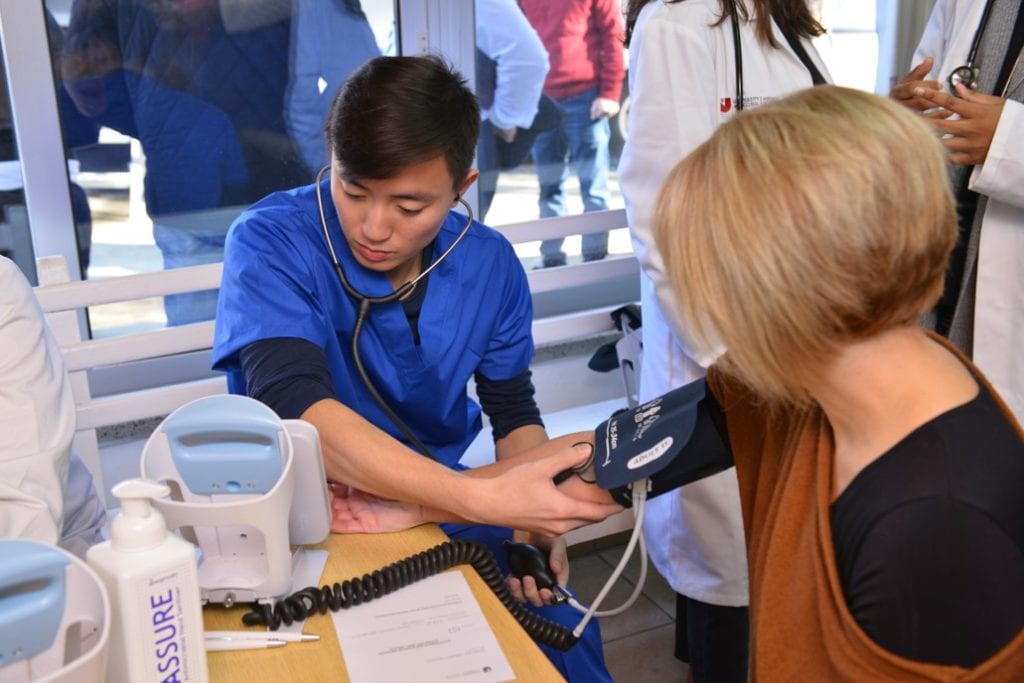Having an offer from a medical school is a great achievement! You should be very proud of yourself that you have managed to go through the medical school admissions process successfully.
It’s time for you to start planning ahead – and a very important aspect of your preparation is to plan your finances! Especially if you plan to move away from home, then careful budgeting becomes increasingly important. Here are three tips that will help you manage your money at med school…
Would studying medicine abroad suit you? Take the quiz!
1. Create a budget
Before accepting an offer to study medicine it is good to double-check the cost of the course, and also the cost of living in the place you plan to study. It can become quite a shock when you start budgeting, especially if you’re used to relying on your parents to manage your finances.
Make sure your budget includes your accommodation and living expenses (such as food, travel, your phone bill), your tuition fees (if you’ll be paying these yourself), your books or other course materials, your health insurance – especially if you will be studying abroad.
Also make sure to add an emergencies-only budget. Unexpected expenses always come up (an emergency phone replacement!), so you need to maintain a contingency budget which should be a percentage of your total.
If you plan to rely on a loan, try to settle for the smallest amount possible so that you have a reduced debt upon graduation. Once at university, try to stick to your monthly budget as best you can. You could also try a credit card that will allow you to set the maximum amount of spending according to your estimated monthly expenses.
2. Ask your Admissions Advisor
For a better understanding of the expenses involved in studying medicine, it’s a good idea to speak to an admissions advisor. Ask about any possible hidden costs, installment options, or additional course fees. If you’re planning on studying abroad, you could also ask your advisor for the cost of living in the country you plan to study in.
Studying abroad does not necessarily mean higher expenses compared to studying in the UK. If you are considering the University of Nicosia Medical School as an option, you will be delighted to know that the cost of living in Nicosia is significantly lower than that of London or the UK in general.
At the University of Nicosia Medical School, we estimate that accommodation and living will cost €10,000 per year (or approximately £8,500) for a comfortable student life. Check out our stunning new residences where you can enjoy an ultra-modern accommodation loaded with extras at a cost of as low as €5,865 per year.
Applications are still open at the University of Nicosia Medical School so there’s still time to apply now!
3. Investigate scholarship opportunities
This is a great way to save money. Check whether the University you plan to study offers any scholarships or grants.
At the University of Nicosia Medical School, we offer scholarships covering up to 20% of tuition. Obtaining the maximum amount can reduce annual tuition to as low as €14,400 per year.
If you wish to find out more please email [email protected]. Or call at our Toll Free UK line 00800 031 5421. Our Admissions Advisors will be delighted to hear from you! Apply now at the University of Nicosia Medical School we are still accepting applications from students from all around the world!
Apply now and find out more about the University of Nicosia Medical School
Sponsored post: the University of Nicosia Medical School

